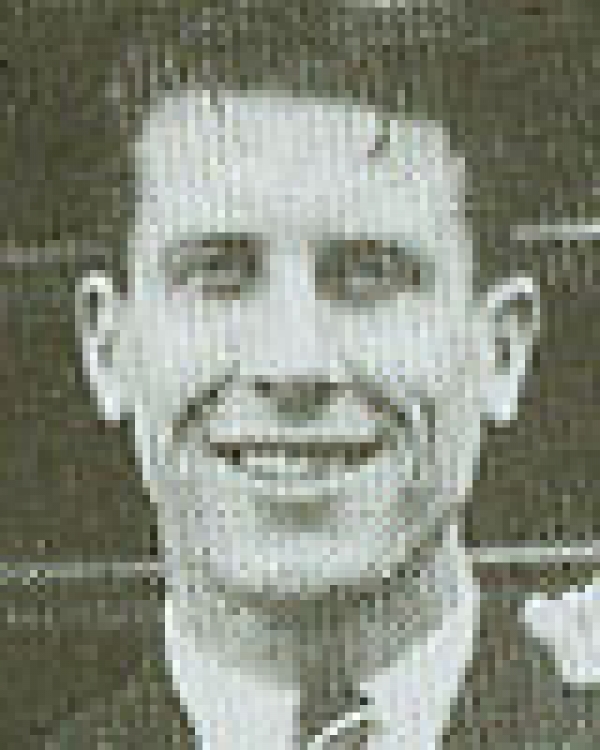From a dry land farm near the hamlet of Simla, Colorado, came a tenacious young man, versatile and handsome, to be included in several chapters of sports history for his native state.
It was the mid-1930s and the athlete to emblazen headlines was Glenn Morris, who whipped a serious attack of pneumonia to become an athletic legend at the then Colorado A&M College, now Colorado State University.
Morris was endowed with God-given talents to go with a strong all-out competitive spirit which brought him international fame as a record-setting decathlon gold medal winner of the 1936 Olympic Games which were made famous by Adolph Hitler’s snub of Jesse Owens, a winner of three gold medals for Uncle Sam.
More than 100,000 spectators were in attendance when Morris amassed 7,900 points in the grueling decathlon. They say even Herr Hitler was impressed by the stamina and versatility of the “Simia Sensation.”
This was a grand climax to years of hard work and heavy training for Morris, who also starred as an end in football and participated in other varsity activities.
This lithe, personable star was a prize protégé of the renowned Harry Hughes, dean of the region’s college coaches. Needless to say, Coach Hughes schooled Morris tirelessly and with a fatherly approach. Before his Olympic games success, Morris won the decathlon at the demanding Kansas Relays.
Schoolmates chose him student body president and put him in the school’s yearbook as a “Pacemaker,” a shining student example, in 1934.
In the spring of 1935, Morris appeared for the Division track and field meet of the Rocky Mountain Conference in Boulder. It was his day. Actually, an “iron man’s day.” He competed in both preliminaries and finals, won points in eleven events and set a new record in the 220-yard low hurdles.
Morris’s athletic prowess spread and electors throughout the country voted him the Sullivan Award, coveted trophy of the Amateur Athletic Union, symbolic of the nation’s number one national athlete.
Following his successes in Germany in 1936, Morris was lured to Hollywood and a brief motion picture career as the screen’s new Tarzan. The film center, however, did not agree with Morris, who returned to athletics and played one season of professional football.
There could not have been a more deserving person to be inducted into the 1969 Colorado Sports Hall of Fame. Morris’s health was failing at the time, and he was unable to be present to receive his award, but it was a great tribute to his athletic career. He is now deceased.

There could not have been a more deserving person to be inducted into the 1969 Colorado Sports Hall of Fame.
